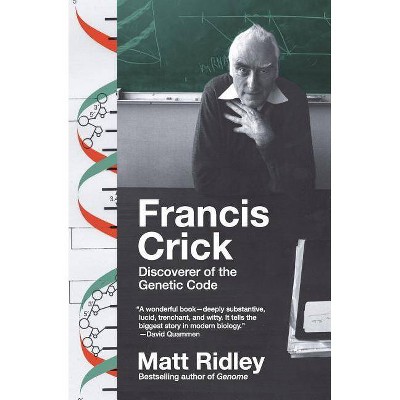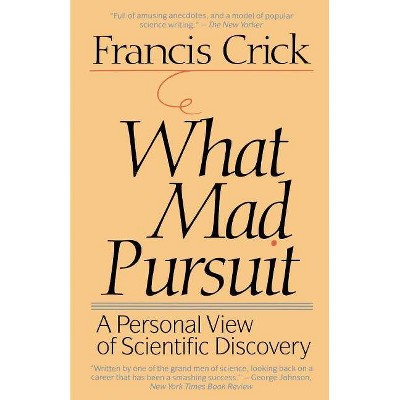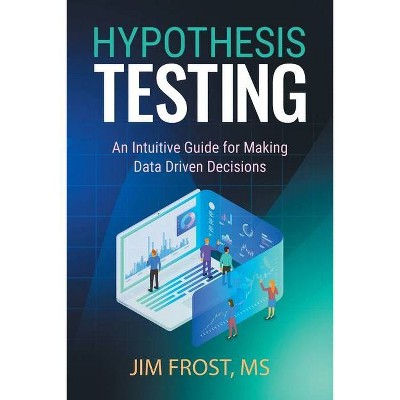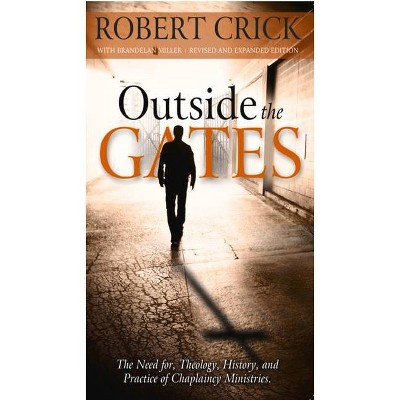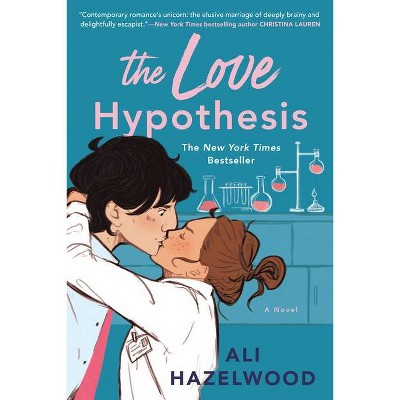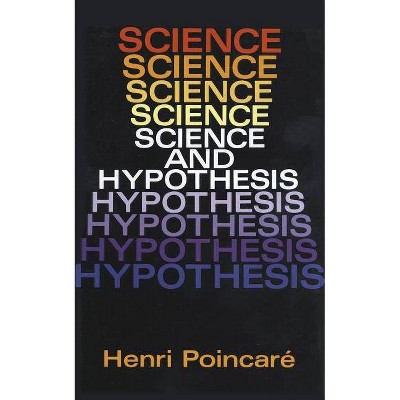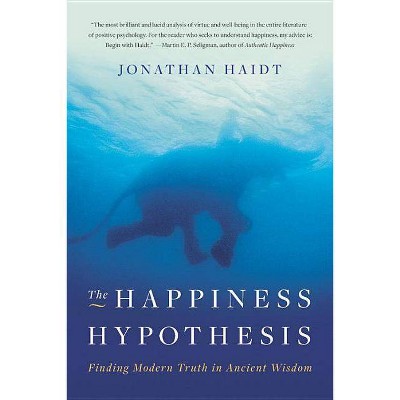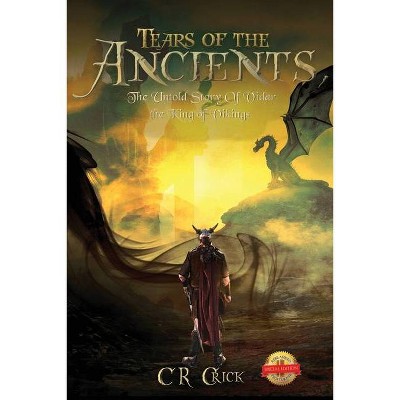Astonishing Hypothesis - by Francis Crick (Paperback)
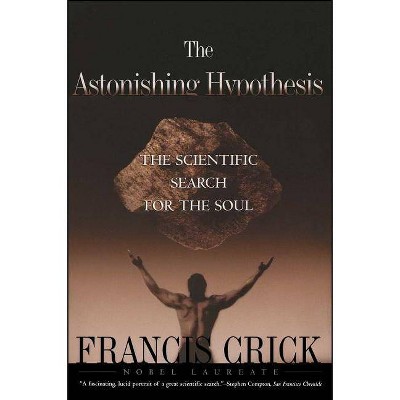
Similar Products
Products of same category from the store
AllProduct info
<p/><br></br><p><b> Book Synopsis </b></p></br></br>Traditionally, the human soul is regarded as a nonphysical concept that can only be examined by psychiatrists and theologists. In his new book, <i>The Astonishing Hypothesis, </i> Nobel Laureate Francis Crick boldly straddles the line between science and spirituality by examining the soul from the standpoint of a modern scientist, basing the soul's existence and function on an in-depth examination of how the human brain sees<p/><br></br><p><b> Review Quotes </b></p></br></br><br>Carl Sagan </i>Author of <i>Cosmos</i> <i>The Astonishing Hypothesis</i> is a fascinating argument that consciousness and what has long been called the soul are now accessible to scientific investigation.<br><br>Matthew Belmonte <i>The Washington Times</i> Crick's new book is a well-constructed and comprehensive overview of visual neuroscience for the lay reader....[The] book's questions and conjectures are incisive and provocative.<br><br>Sheryl Stolberg <i>Los Angeles Times</i> Skewering philosophy and religion in a book that is supposed to be about the study of the brain might be awkward for other scientists. But Crick pulls it off, and incorporates the nitty-gritty of science to boot.<br><p/><br></br><p><b> About the Author </b></p></br></br>Francis Crick</b> is the British physicist and biochemist who collaborated with James D. Watson in the discovery of the molecular structure of DNA, for which they received the Nobel Prize in 1962. He is the author of <i>What Mad Pursuit, Life Itself, </i> and <i>Molecules and Men.</i> Dr. Crick lectures widely all over the world to both professional and lay audiences, and is a Distinguished Research Professor at the Salk Institute in La Jolla, California
Price History
Price Archive shows prices from various stores, lets you see history and find the cheapest. There is no actual sale on the website. For all support, inquiry and suggestion messagescommunication@pricearchive.us
